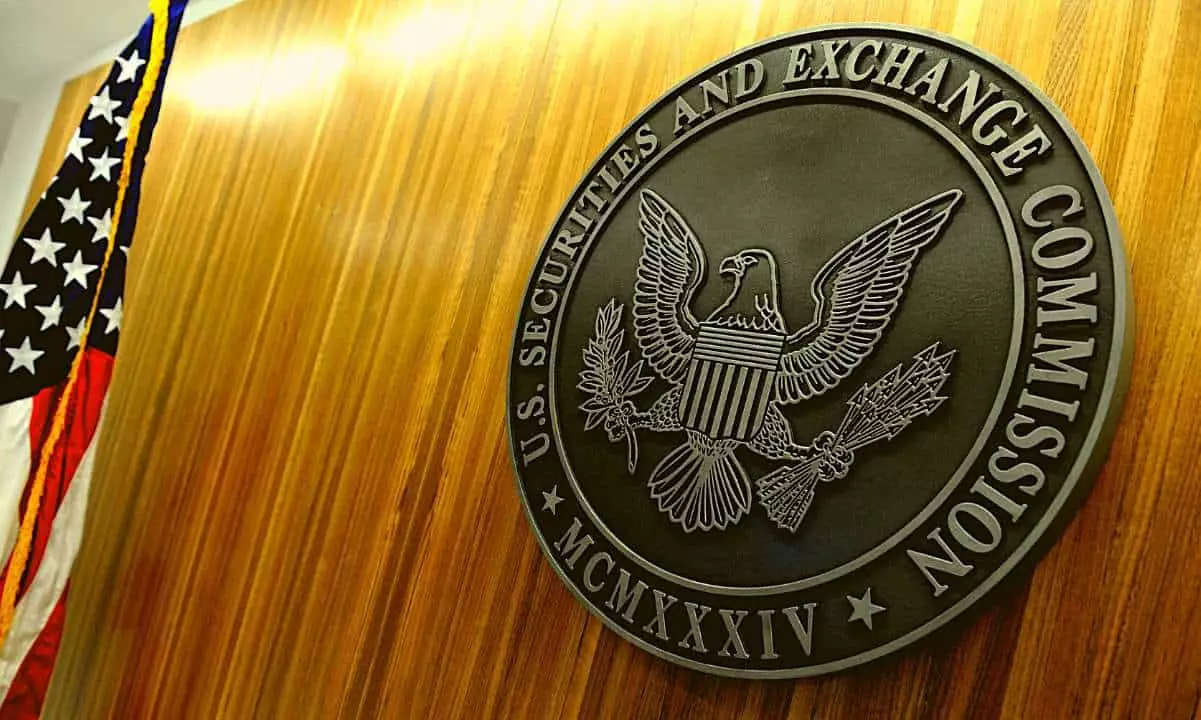The U.S. Securities and Exchange Commission recently imposed charges against Galois Capital, a crypto-focused advisory firm that held client assets at FTX. As a result of its actions, Galois agreed to pay a substantial civil penalty of $225,000, which will be used to compensate affected investors. The SEC’s investigation revealed that Galois failed to ensure that the crypto assets held by the private fund it was managing were stored with a qualified custodian, opting instead to entrust them to unqualified crypto trading platforms like FTX.
The SEC highlighted that approximately half of the fund’s assets under management during the period of early to mid-November 2022 were lost due to the collapse of FTX. This event marked the largest corporate crypto failure in history, resulting in losses of $8 billion for customers and $1.7 billion for investors. Subsequent investigations and legal proceedings found that FTX’s CEO, Sam Bankman Fried, and other executives were involved in fraudulent activities, including unauthorized trading and loss of customer funds with FTX’s sister trading desk, Alameda Research.
The repercussions of FTX’s collapse were far-reaching, causing mass contagion and bankruptcies of other firms that had placed trust in the platform. Companies such as BlockFi, Genesis, and Gemini Earn suffered significant financial losses as a result. While Gemini managed to recover almost all assets for its users, FTX creditors faced challenges in reclaiming their assets in crypto-denominated terms.
In addition to its mishandling of client assets, the SEC found that Galois Capital had misled some investors by providing conflicting information regarding withdrawal procedures. While some investors were required to provide a five-day notice before month-end to withdraw funds, others were allowed to redeem their investments with shorter notice. This inconsistency exposed investors to risks associated with potential loss, misuse, or misappropriation of fund assets, including crypto assets.
Corey Schuster, Co-Chief of the SEC Enforcement Division’s Asset Management Unit, emphasized the importance of holding advisors accountable for violating investor protection obligations. Galois Capital, without admitting or denying the allegations, agreed to pay the civil penalty and abide by an order prohibiting further violations of the Investment Advisers Act. The firm expressed relief at resolving its issues with the SEC and clarified that it had utilized Fireblocks as its crypto custodian, despite Fireblocks not being a qualified custodian. The decision was based on the firm’s belief that Fireblocks provided the best solution for securing crypto assets at that time.
The case of Galois Capital serves as a cautionary tale about the risks associated with trusting unqualified custodians in the crypto space. The consequences of such actions can have severe financial implications for investors and clients. It underscores the importance of due diligence, transparency, and compliance with regulatory standards to protect the interests of all parties involved in the rapidly evolving cryptocurrency industry.









